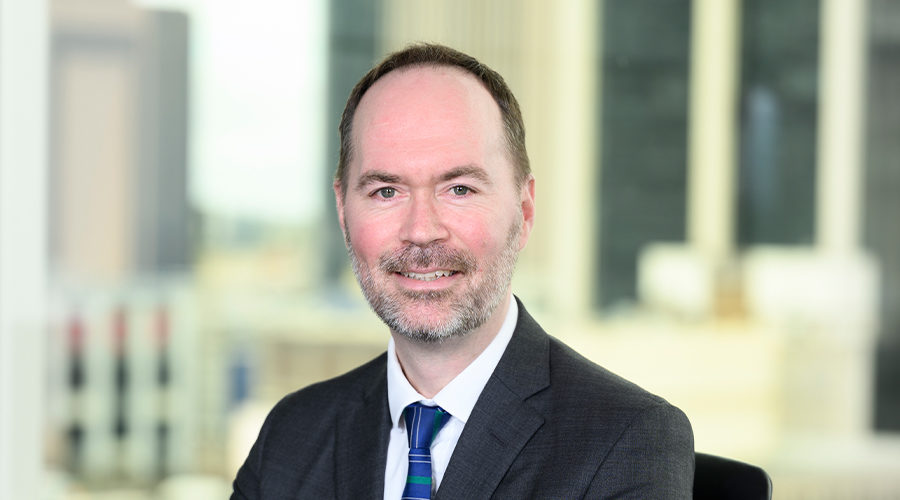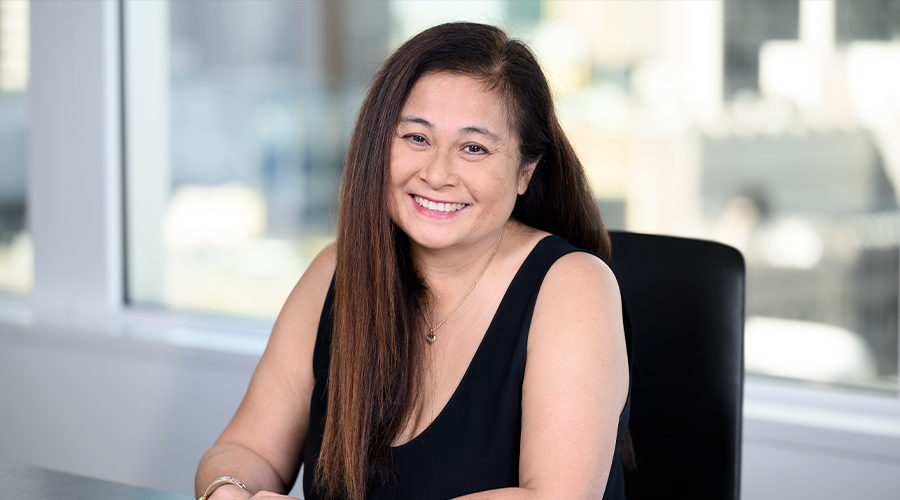23 June 2022
Refugee Week: let’s heal together
Refugee Week is commemorated every year from 19 to 25 June. Refugee Week is Australia’s peak annual activity to educate and inform the public about refugee policies, the lived experiences of refugees, and their contributions to society. This week gives us the opportunity to hit the reset button on how we behave towards one another.
Millions of people are forced to flee their homes in search of safety every year. Over the past decade, the number of people displaced from their homes has doubled, from 41 million to 82.4 million. The rate of global displacement now exceeds population growth, with one in 95 people suffering forcible displacement.
This year, the theme for Refugee Week is ‘Healing’. In honour of this theme, the Refugee Council of Australia is calling on Australians to reflect on the importance of human connection and supportive relationships, particularly in light of COVID-19. The theme encourages mainstream and refugee communities to draw upon shared hardships and to heal and learn from one other.
Diversity and cultural inclusion
A message from our Cultural Inclusion Committee partner leads Ahranee Vijayaseelan and Alison Choy Flannigan:
‘Our newly formed Cultural Inclusion Committee will focus on ensuring our firm continues to be as culturally diverse, linguistically inclusive, and empathetically informed as possible. Some of the ways Hall & Wilcox is committed to promoting a diversely inclusive culture include: weekly conversant language sessions, sharing days of cultural significance to build awareness and encourage participation, contributing and communicating ideas from employer network refugee roundtables.’
‘Refugee Week provides an important opportunity for us all to come together to recognise the resilience and strength of refugees in the community, and to raise awareness of the plight of refugees around the world. We are proud to support refugees in the community and we see their inclusion as fundamental to creating and maintaining a diverse and inclusive workforce. Our inclusive culture places a significant emphasis on recognising and celebrating the unique background and perspectives of all individuals. People with diverse backgrounds perceive the world and approach challenges differently. This diverse thinking and understanding leads to innovative legal solutions and better business outcomes for our clients.’
Pro bono
A message from Nathan Kennedy, Partner & Head of Pro Bono & Community:
‘Assisting refugees has been a cornerstone of Hall & Wilcox’s pro bono practice from the very beginning. It is difficult to think of a cohort of people more worthy of pro bono assistance. They are politically disenfranchised and yet their lives are used for political point scoring. Organisations set up to assist them are given little or no funding from government, in order to ensure a particular political agenda. Complex and unfair systems have been created for refugees to navigate. We are proud to be able to support organisations like the Refugee Advice and Casework Service (RACS) and Refugee Legal in helping their clients to access the legal assistance they need.’
We asked Sarah Dale, RACS Centre Director & Principal Solicitor some questions about Australia’s refugee policy:
- How does Australia’s use of Temporary Protection Visas differ from other countries?
Australia is the only country that only affords indefinite temporary visas to those who have been through a complete refugee determination process. This is inconsistent also with International law, where temporary visas are only generally accepted where there are mass movements of people fleeing and it would be impractical to process expeditiously. - How does living on a Temporary Protection Visa challenge people’s ability to build a life in Australia?
Temporary protection visas create several impediments to a person’s ability to successfully settle in Australia. First and foremost there is the constant fear that can't be shaken of possibly being returned to the country from which you fled, having to re-state the reasons for needing protection and having your claims re-assessed every 3-5 years leaves people at risk of return.Further, such visas restrict a person’s ability to travel freely, needing the express permission of the Minister in order to leave and return to Australia. Holding such a visa also means people are directly prevented from reuniting in Australia with their families. This inability to sponsor and bring family members to safety with people on temporary visas is one of the cruellest elements of Australia's temporary protection policies. - What do you think should be the top priority for the Australian Government in terms of our refugee policy?
The newly elected Australian Government has an opportunity to reset the dialogue about and the treatment of refugees in Australia. Firstly, as their election promised – we hope to see temporary protection visas abolished and permanent protection afforded to all those trapped in this system. However, we hope to see further changes, including the abolition of Fast Track, the re-instatement to proper access to family reunion, an end to offshore processing including permanent resettlement for those who have lived that horror, as well as an increase to our humanitarian intake – just to name a few!
How to get involved
With healing comes talking to others, sharing your stories, being able to openly discuss that journey without prejudice, and being accepted for who you are. Engaging in this process not only helps the broader community understand the experiences of refugees but raises awareness of the issues continuing to affect refugees’ lives.
If you would like to participate in Refugee Week, there are many different programs and activities run by the Refugee Council of Australia.
There are also many city-based and local events happening throughout Australia in honour of Refugee Week. These events will utilise storytelling, cultural performances, food and more to inspire healing.
Beyond Refugee Week, we encourage everyone to visit the Asylum Seeker Resource Centre (ASRC), Refugee Legal and RACS to discover how you can contribute to improving the lives of refugees. You can get involved by volunteering your time, donating items or organising a local food drive.
Your voice is instrumental for the advocacy, employment, mentorship and representation of refugees in Australia.
‘For all those who’ve come far and wide, we’re happy you’re safe, we’re happy you’re free and we’re happy you’re here.’





